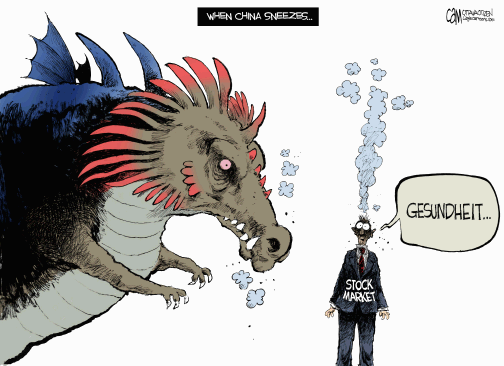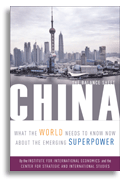AdTech, AdGate and Blue Collar Blogging
Returning in the plane from the AdTech conference in Shanghai I remarked to a colleague that I thought blogger, author and social media icon Shel Israel to be a wonderful writer. My associate replied with “As good as you?” I was struck dumb, unable to answer as I wasn’t sure whether it was meant to be a compliment or was a ping to test the depth of my self actualization. I didn’t answer immediately and instead set about reviewing in my mind the event I had just attended and tried to solidify my thinking on a number of issues raised while in Shanghai…
Robin Li was scheduled to be the keynote speaker for the annual gathering of media, advertising and PR decision makers who come to AdTech for education, networking and the renewal of ties. Li, who has canceled his appearance at the event before, reportedly called the night before the event and announced he would not be there. Rumor has it that he phoned again later and asked if he could send a second to deliver the opening address and AdTech brass demurred because the condition was added by Baidu that there be no question and answer session.
An official statement was released by AdTech later in the morning that indicated Li had called off his speech because of a sore throat and AdTech had opted to form a panel of experts on his proposed topic rather than accept a stand-in from Baidu.
What really prompted Li’s absence is less important than the absence itself: BAidu, a NASDAQ company, under fire for alledged complicity in search result suppression for money in the Sanlu Milk Crisis, puported willful acceptance of funds (15-20% of gross ad revenue) from unlicensed pharmaceutical companies, Intellectual Property battles in court regarding music download links thought by the recording industry to be illegal and constant criticism from search engine professionals and Internet publications regarding the manner in which Baidu marks (or fails to delineate) paid ads as different from organic results. The fact that Li was not available to answer in any fashion to charges levied against the company gives credence to those who, for whatever reason, look to diminish Baidu’s powerful presence in the world’s largest Internet market. Li had a chance to answer to allegations, allay fears, and rescue credibility and revenue, but did not. I would have been there had I needed an assistant to lip-synch my remarks. But, Baidu, like many Chinese companies has not always taken the management road best traveled and did not hike it at AdTech. I heard a PR industry old-hand remark that even if their PR company had the chutzpah to issue them sound advice/ultimatums they would likely not have listened. Even the hard hit Sarah Palin, stared down an army of spin doctors and managed to put a little lipstick on the face of some very ugly remarks. She did not win the nomination for VP of the United States, but she won a great many supporters by putting up a fight.
Later on at the conference I was a member of a powerhouse social media panel where I was fortunate to share the stage with Joe Chen, Ceo of Xiaonei, Jigsaw Media Partner P.T. Black, Magdelena Wszlaki the Regional VP of Agenda Corp and Jeff Lyndon a 26 Year old VP of Interzone Futeball and already a pioneer in China online gaming. One of the questions moderator Black asked of us was to answer to a P&G executive’s recent remarks indicating that he did not see the efficacy of social media over conventional advertising. All panelists were in agreement that to shunt conversation, conversation being itself the rightness and reason for social media, is to assume that consumers are less informed about their own needs than the corporation that is pitching them. Feedback and engagement are the mediums in which we will grow excellence, social responsibility and honorable brand loyalty. We are he worst judges of our own foibles and failures no matter how bright or seasoned a veteran of any professional war we might have fought in….
As for comparing myself to Shel Israel?: I am currently reading–and I am shamefully tardy in doing so–the book, Naked Conversations, that he and Robert Scoble penned. It is a must-read for anyone in Social Media. It is a brilliant treatise that truly stands, as stated by Chris Pirillio, as an unofficial sequel to the Cluetrain Manifesto. Shel’s genius as a writer lay in his ability to take a starched white-collar idea and transform it into a blue-collar working treatise that speaks to the needs of a diverse tribe of social medians. He is a better writer than I am and I am not less of one for acknowledging that fact. I am not afraid of conversation and while my competitive self likes winning I warmly applaud mentors and masters….
Baidu, or any company, would do well to join the party (not that one…) and join in on the many conversations, those that honor AND those that harangue, which can only make us better business people, more responsible netizens and decent global citizens.
Book Reviews,China Blog,China Business,China Editorials,china internet,China Search Engine Marketing,China SEO,China web 2.0,Chinese Internet,Chinese Media,chinese serach engines,Xiaonei



